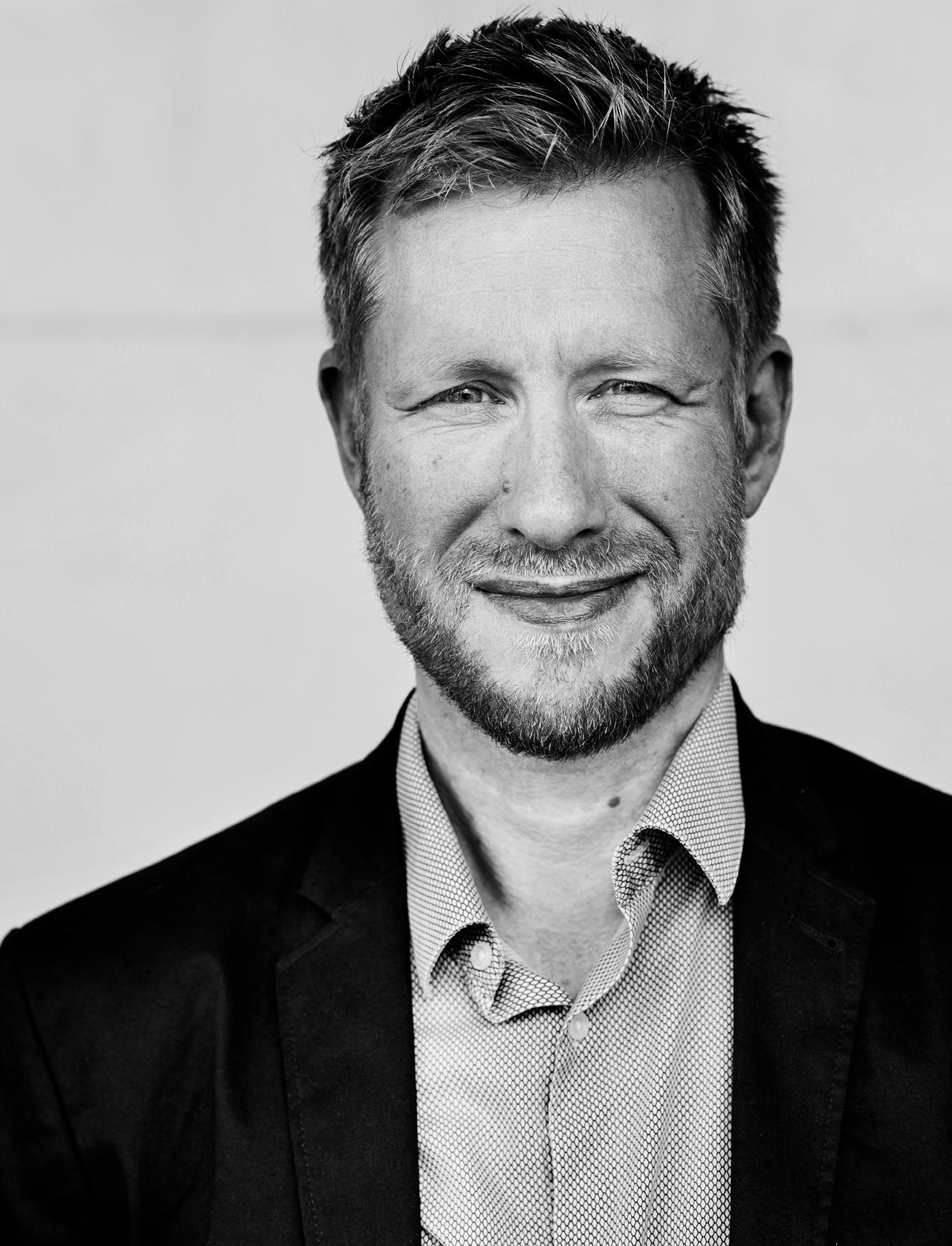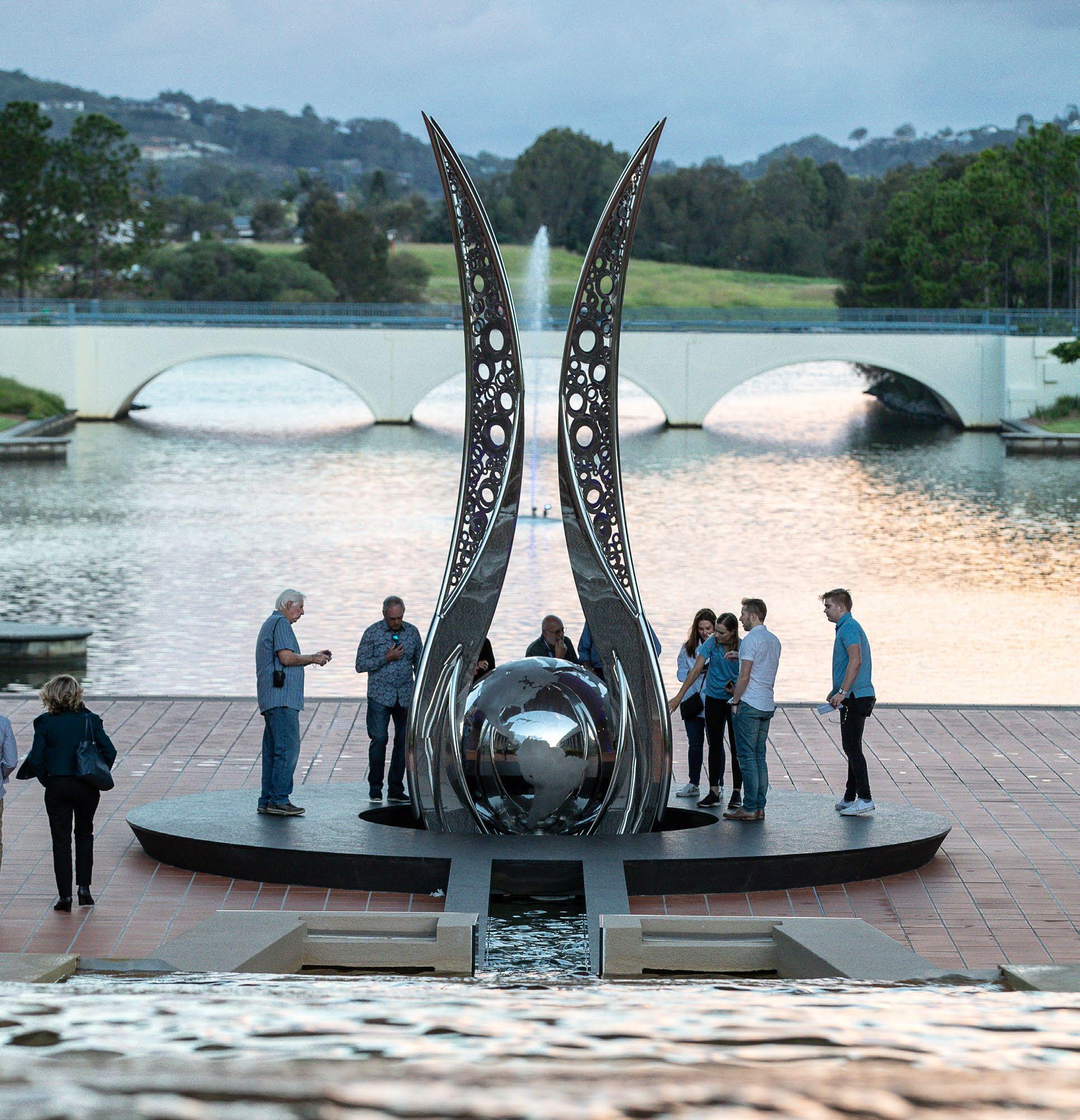
5 minute read
Mysteries of the doorway effect
Unlocking the mysteries of the doorway effect
The so-called ‘doorway effect’ – forgetfulness caused by moving between rooms – is not as pronounced as previously thought and only occurs when the brain is working hard, new research shows.
The doorway effect came to prominence after a 2011 study by researchers at the University of Notre Dame.
They found that people who passed through doorways were prone to forgetting and theorised that crossing the threshold caused the brain to refresh because memories from the old room were less likely to be relevant in the new room.
However, a follow-up study by a team at Bond University provides a different perspective on the phenomenon.
Dr Oliver Baumann, an Assistant Professor of Psychology at Bond University, says his team had participants wear virtual reality headsets and move through different rooms in a 3D virtual environment.
They had to memorise objects such as a blue cone and a yellow cross on tables in each room and then move from one table to the next.
Sometimes the next table was in the same room and sometimes it was in another room, entered through an automatic sliding door.
“At first we couldn’t find the doorway effect at all so we thought maybe people were too good - they were remembering everything,” Dr Baumann says.
“So then we made it more difficult and got them to do backward counting tasks while moving around to load up their working memory.
“Forgetting did now occur, telling us that overloading the participants’ memory made them more susceptible to the effect of the doorway. In other words, the doorway effect only occurs if we are cognitively in a vulnerable state.”
But even then, the observed effect was considerably less than in previous studies.
Dr Baumann believes it is not the doorway that triggers forgetting but transitioning to a different environment.
“If the brain thinks it is in a different context, then those memories belong in a different network of information,” Dr Baumann says.
“Overall that gives us greater capacity than if you have just one gigantic workspace where everything is connected.
“But there is a cost to that. By transitioning between compartments we can lose things.”
The study was published in BMC Psychology.


Monday 18 January 2021
Good evening,
Let me begin by introducing myself. My name is Donna Hawatt, I live in Sydney and I have recently completed the Master of Arts (TESOL) program, due to graduate in February. I am a mother, a wife, a daughter, a sister and fulltime primary school educator and have very slowly and painstakingly completed the course online, over a period of 4 years. I have experienced the course evolve and change and have loved every minute of the transformation to what it is today. I wanted to extend my heartfelt appreciation for this course, the lecturers and the university.
The course fulfilled my every expectation. In each subject, the research and content was academic, but the lecturers somehow tied everything back to current practices and contemporary issues, things I can relate to in my everyday life. As a result of this course, I have managed to get a promotion in my field of work, which starts at the end of January. I went from being a specialised classroom teacher to being an Education Leader. My role is to provide high quality, evidence-based professional support and advice for school leaders and teachers across principal networks to increase their capacity to address the English language, literacy and learning needs of EAL/D (ESL) students, including those who are recently arrived and those from refugee backgrounds. I will work with school leaders to collect and analyse evidence to plan, implement and evaluate whole school strategies and personalised approaches to learning to support the needs of their staff, students and school community. I know that I can only do this role because of the preparation I received by doing this TESOL course.
The course, but especially the lecturers brought out the leader in me. When I first started the course, I was apprehensive and anxious. I have all the praise in the world for Assistant Professor Beata Webb, who was able to look past nerves, connect with me as an individual and then draw out my leadership qualities. It is a direct result of her faith in me and support of me that I have had many vast experiences in this field. Beata Webb was only ever an email or a phone call away when I needed her and without her, I would have given up a very long time ago. She is the epitome of professionalism and her knowledge and expertise in this field is second to none. Most importantly, she demonstrates compassionate leadership, a natural skill which I definitely needed throughout this degree. Beata made a point to connect with every facet of who I am and what makes me the person I am. And having done that in an online platform is truly remarkable. As a result of her dedication, I was able to grow academically but also professionally and personally, developing my confidence and character.
I am proud of my achievements but know that I could not have done it in any other setting or any other university. Bond University provided everything I needed in terms of support, from my first enrolment to the very end. Over the last four years, my husband and children have also supported the highs and lows of tertiary study and are very proud of the strong, confident woman I have become. I am devastated that they will not be able to see me graduate due to current travel restrictions, which means in the future, I just might have to do that PhD Beata keeps hinting at!
Donna Hawatt
(Class of 2017) EAL/D Education Leader NSW Department of Education
Kind Regards, Donna Hawatt

Once a Bondy, Always a Bondy
REFER A FAMILY MEMBER AND SAVE
Eligible students are entitled to a 10 per cent discount (up to a maximum of $20,000) per eligible program.










